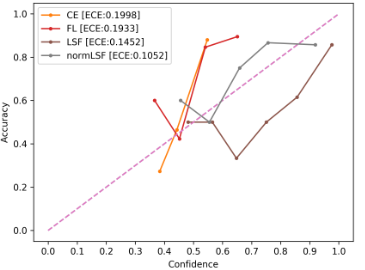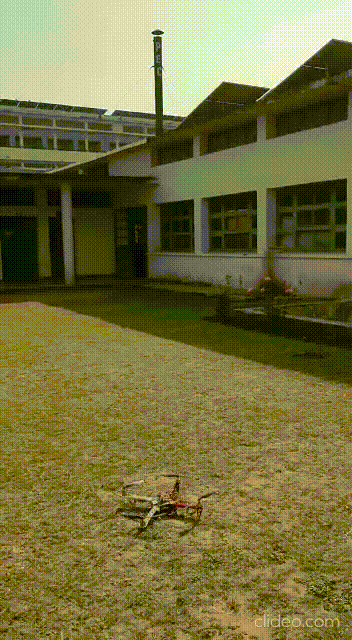|
I am a research intern at Nvidia where my research is focused on self-supervised learning for incremental task. Previously, I worked as Machine Learning Researcher at Visio Lab, a Berlin based food checkout system startup and as a research intern under the guidance of Dr Mobarakol Islam and Prof Hongliang Ren, with research focused on model generalization and loss function optimization. I recently graduated with Bachelors in Electrical and a minor specialization degree in Computer Science from Punjab Engineering College. Previously I,
|

|
|
|
|
My research interests lie at the intersection of Deep Learning, Computer Vision, and sustainable transition of AI to practical applications. Particularly, I am passionate about generalizable deep learning, self-supervised learning, curriculum learning, and sustainable reinforcement learning. I am also inclined towards application based DL & RL with focus on robotics and healthcare. |
|
|
Utkarsh Uppal, Bharat Giddwani Towards Robust, Secure and Efficient Machine Learning, AAAI Conference 2021 [accepted] [pre-print] [code] The vulnerability of models to data aberrations and adversarial attacks influences their ability to efficiently demarcate distinct class boundaries. We study the significance of changes in ground-truth distribution on the performance and generalizability of various state-of-the-art networks and demonstrate the role of label-smoothing regularization and normalization in yielding better generalizability and calibrated probability distribution. |


|
Mobarakol Islam, Vibashan VS, V Jeya Maria Jose, Navodini Wijethilake, Uppal Utkarsh, Hongliang Ren BrainLes, Medical Image Computing & Computer Assisted Intervention (MICCAI) 19' [accepted] [pre-print] We propose a 3D attention convolutional neural network (CNN) to segment brain tumor; extract novel radiomic features based on geometry, location, the shape of the segmented tumor, and combine them with clinical information to estimate the survival duration for each patient. Our proposed 3D attention module with decoder blocks consists of 3D spatial and channel attention in parallel to skip connections, thus exploiting the ubiquitous features of the receptive field. |
|
|


|
in collaboration with Prof. Mayank Vatsa Incorporating self-supervised learning for class incremental learning. The pre-text task training is based on random label augmentation and downstream task includes projection preservation along the orthogonal direction and feature enhancement by gaussian kernels. |
|
|
|
Feel free to explore Jon's website here :) This site is under construction. |


